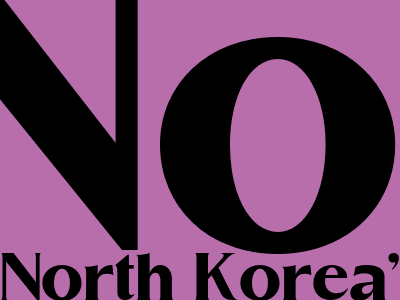
Rising Nuclear Tension: North Korea's Kim Jong Un Announces Expansion of Nuclear Forces
Escalating Conflict in the Korean Peninsula
In a recent speech, North Korean leader Kim Jong Un declared the need to "overwhelmingly strengthen" the country's nuclear forces in response to perceived threats from the United States.
Kim cited recent US military exercises and arms sales to South Korea as evidence of growing hostility. He stressed that North Korea's nuclear weapons serve as a deterrent against external aggression.
International Concerns
Kim's announcement has raised alarm among the international community. The United States, South Korea, and Japan have condemned the move, arguing that it violates UN Security Council resolutions and destabilizes the region.
Experts warn that North Korea's expansion of nuclear capabilities could lead to a dangerous arms race on the Korean Peninsula. It could also increase the risk of a nuclear confrontation with the United States or its allies.
US Response
The White House has responded to Kim's speech by reiterating its commitment to the denuclearization of North Korea through diplomacy and pressure.
President Trump has warned that the United States will take action if necessary to defend its interests and those of its allies in the region.
Historical Context
North Korea has a long history of developing nuclear weapons. The country first tested a nuclear device in 2006, and has since conducted several more tests in defiance of international sanctions.
In 2018, Kim Jong Un met with President Trump in Singapore, where they agreed to work towards the denuclearization of the Korean Peninsula. However, negotiations have since stalled.
Conclusion
North Korea's decision to expand its nuclear forces is a serious development that has heightened tensions in the Korean Peninsula and beyond.
The international community is urging North Korea to reconsider its actions and engage in dialogue to address the underlying issues. The United States remains committed to diplomacy, but has also made it clear that it will not tolerate any threats to its security or that of its allies.
The future of the Korean Peninsula remains uncertain. However, it is clear that the nuclear standoff between North Korea and the United States will continue to be a major source of concern in the years to come.